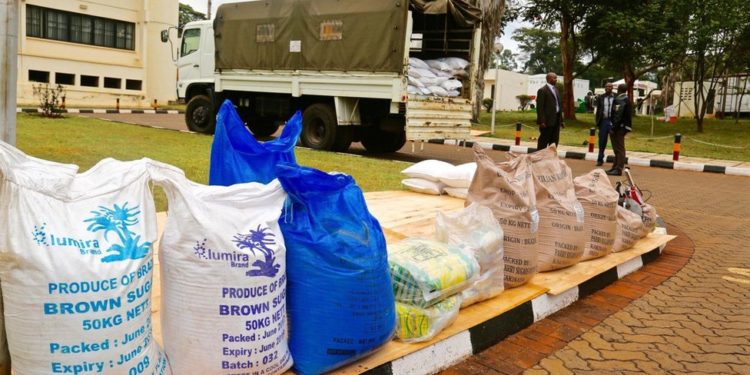The disclosure by KEBS’s head that NEMA and KRA’s carelessness caused the discharge of tainted sugar has brought a fresh twist to the continuing drama of unsafe sugar in the Kenyan market. While this new information may aid in finding individuals responsible for the hazardous sugar release, it also raises additional concerns about the regulatory environment and the role of state entities in guaranteeing consumer safety.
Kenyans have been struggling with the reality of consuming sugar contaminated with harmful substances such as copper, lead, and mercury for months. According to investigations, this sugar was sold in local markets and repackaged and marketed under new brand names. This has caused a public health panic because many people have already consumed poisoned sugar, which might have long-term health consequences.
In light of these discoveries, the issue remains: who is responsible for assuring the safety of sugar sold in Kenya? According to KEBS, NEMA and KRA enforce quality standards and conduct border checks to prevent dangerous products from entering the nation. This calls into question inter-agency collaboration and accountability in protecting consumer safety.
It is critical that state authorities responsible for protecting the public’s health collaborate to ensure that no substandard or unsafe items enter the market. Any flaw in the regulatory framework, as demonstrated by the discharge of contaminated sugar, might have fatal effects. This raises the need for the government to prioritize the safety of its citizens by investing in mechanisms to strengthen regulatory enforcement and improve oversight.
Read more: Addressing Cane Scarcity In The Kenyan Sugar Industry Through Zoning
Moreover, the issue of contaminated sugar is not limited to Kenya alone; it is a global problem. Tainted products enter the market due to corrupt practices and a lack of accountability within the regulatory framework. This highlights the need for international cooperation and collaboration in tackling the issue of unsafe products crossing borders and posing a threat to public health.
To sum it up, the issue of tainted sugar in Kenya has brought to light the failures within the country’s regulatory system and exposed a larger global issue. It is imperative that state agencies collaborate and coordinate their efforts to protect public health. Furthermore, political will and investment in the regulatory framework are essential to establishing a robust system that ensures the safety of products on the market.
Email your news TIPS to editor@thesharpdaily.com















